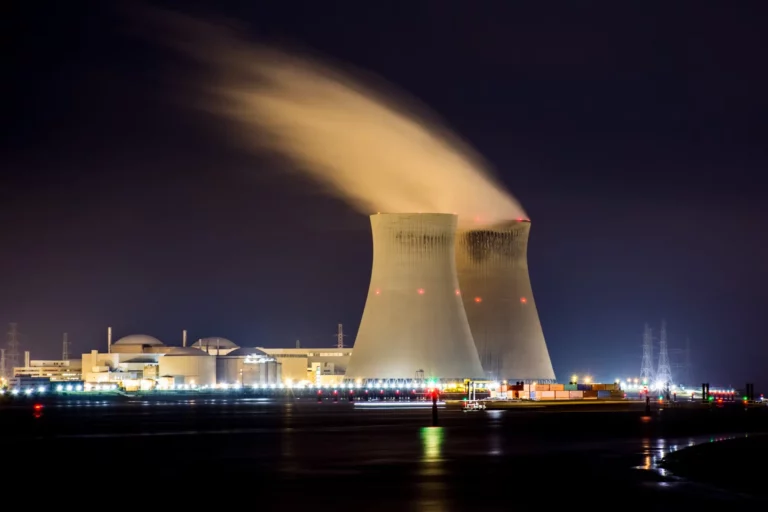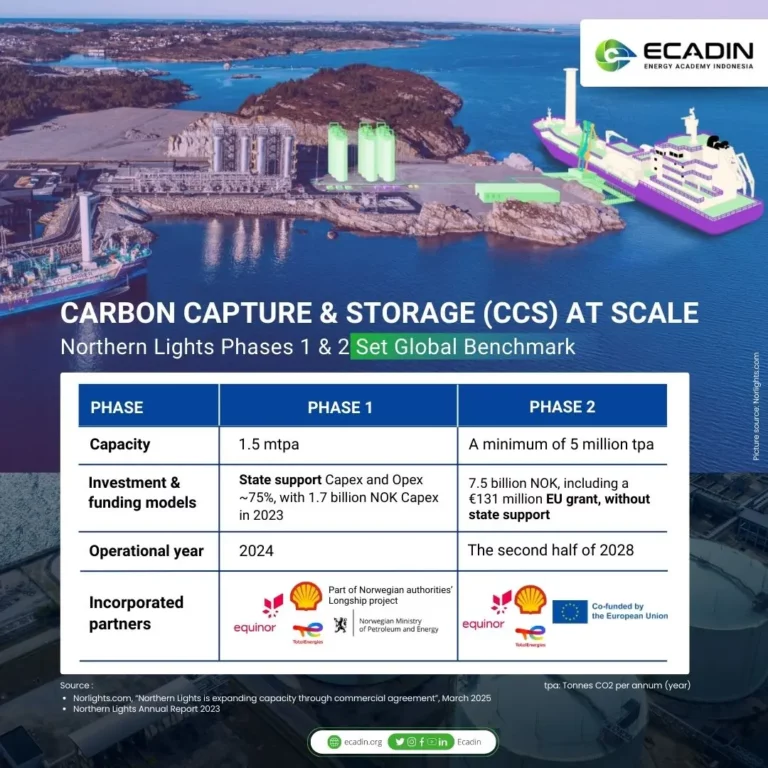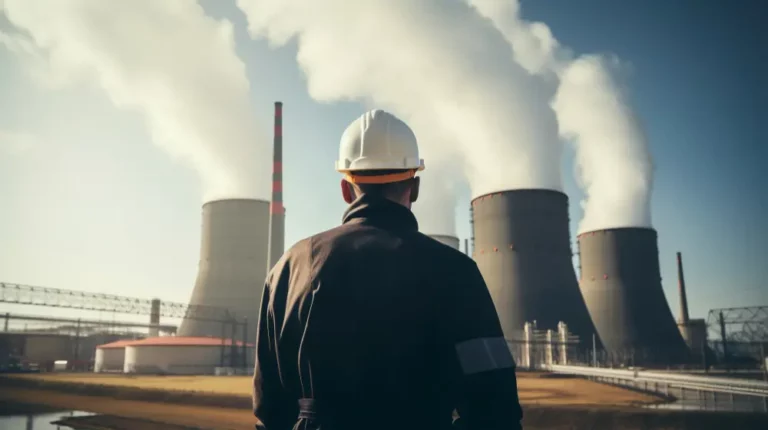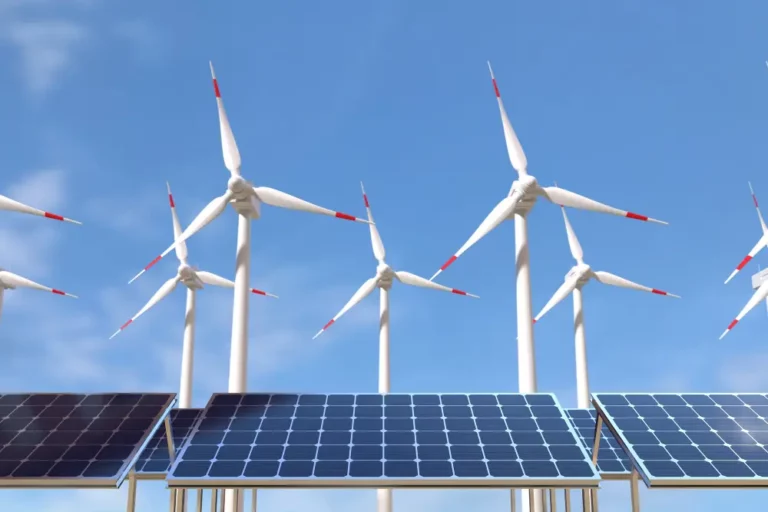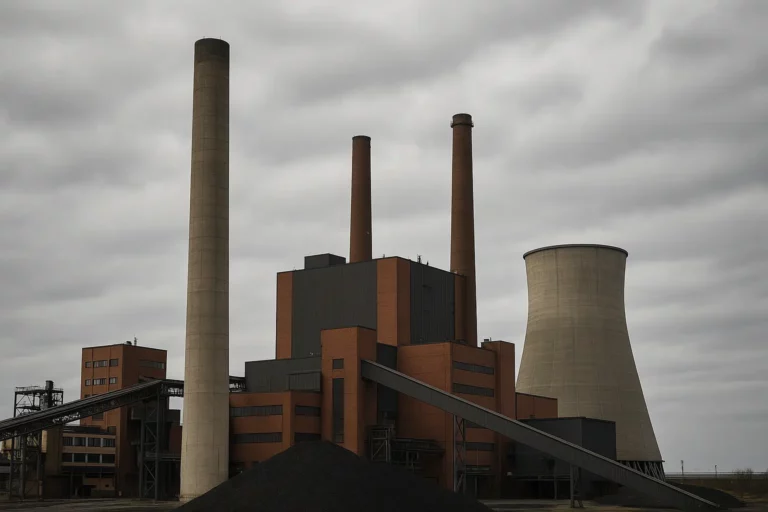Indonesia is set to develop 30 waste-to-energy (WTE) plants in major cities across the country by 2029, aiming to address pollution and improve waste management. Each city is expected to generate 20 megawatts (MW) of electricity through this initiative. According to Yuliot Tanjung, Deputy Minister of the Ministry of Energy and Mineral Resources (ESDM), these plants will utilize pyrolysis technology to convert plastic waste into fuel oil and process organic waste into biogas or biomass energy.
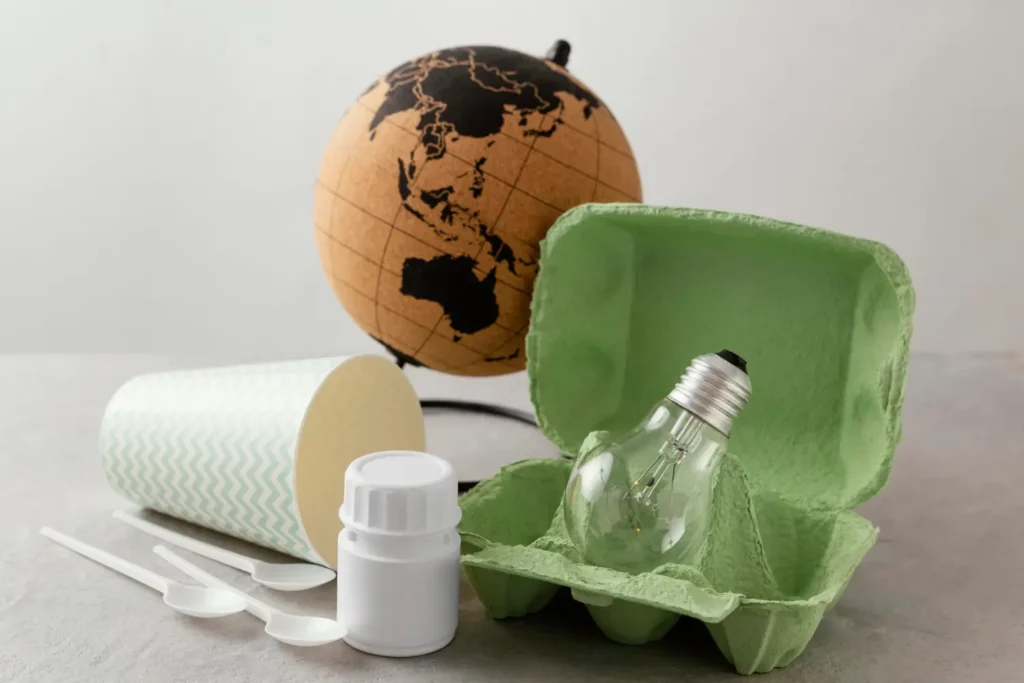
The Indonesian government is drafting a new Presidential Regulation (Perpres) to provide clearer definitions for WTE technologies. Additionally, the government plans to introduce taxes for developers processing over 1,000 tons of waste per day. The Ministry of Public Works is also streamlining regulations and adjusting electricity tariffs to attract private investment through Public-Private Partnerships (PPP), ensuring financial feasibility.
This initiative aligns with Indonesia’s waste reduction targets set in 2017, which aimed to reduce waste by 30% through recycling and process another 70% into raw materials or energy. Although these goals are yet to be achieved, the WTE projects are seen as a significant step toward improving waste management and achieving circular economy goals.
References:





